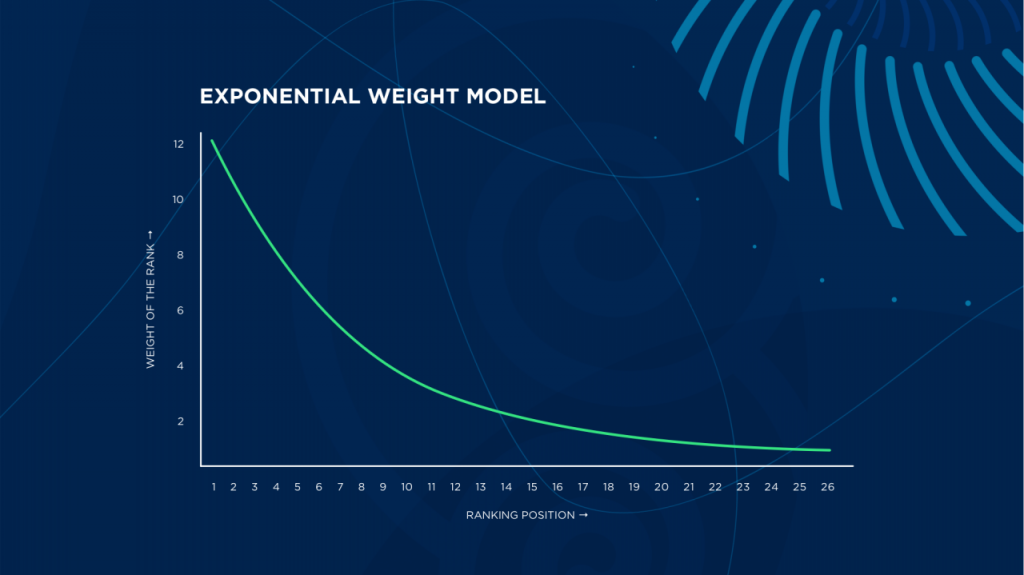The European Broadcasting Union has announced that a minor but significant change will be implemented at this year’s Eurovision Song Contest regarding the jury voting.
In yet another step to improve the voting at the Eurovision Song Contest, this year’s jury voting will see a subtle but significant change in the weight of an individual judges’ ranking. The aim: To place the judgment of a group of jurors above the opinion of a single individual juror.
Until last year, the 1 to 8, 10 and 12 points of each national jury were awarded by simply taking the sum of all ranks and awarding 12 points to the song that was ranked best on average.
Occasionally, the ranking of individual jury members differed significantly from the other four judges, which could have had a disproportionate impact on the points given by that country’s jury as a whole. This is also called the ‘linear weight model’, whereby each ranking of each juror has the same impact. For example, if four jurors would rank a song first, while the fifth juror ranked that same song last, that could prevent that song from receiving 12 points from the respective national jury.
Voting in the 2018 Eurovision Song Contest will include a subtle but significant change. Rather than giving each rank given by a juror the same weight, the EBU will allocate predefined ‘score values’ to each ranking position, thereby increasing the value of the top-10 ranks, the top-3 in particular. These score values start with the value of 12 for the first rank and will decrease exponentially further down the ranking list. This is also called the ‘exponential weight model’. The sum of the scores for all 26 songs from the five jurors will create the national jury result where the resulting top 10 ranked countries will be awarded that jury’s 12, 10, 8 points and so on.
In other words; the lower a juror ranks a song, the smaller the impact of that ranking on the overall result, while the higher a juror ranks a song, the more impact that ranking will have.
This change was approved by the Steering Group of the Eurovision Song Contest back in January and don’t have any impact on the televoting results, nor how the votes will be presented on screen.
“After each contest, we evaluate whether we can take steps towards strengthening the voting procedure. Sometimes these changes are big, sometimes they are small. With this change in how the jury score is calculated, we ensure that the songs ranked best are getting recognised accordingly and that the opinion of a group of jurors is valued higher than that of a single individual.” says Jon Ola Sand, Executive Supervisor of the Eurovision Song Contest.
The Eurovision Song Contest 2018 will take place on 8, 10 and 12 of May 2018, in Lisbon (Portugal).


